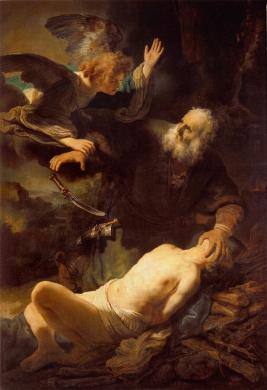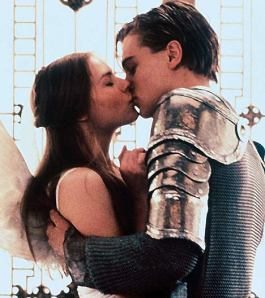
Orvieto: Cathedral, San Brizio Chapel, 1499-1504
Panel submission to RSA Berlin, 2015.
EARLY MODERN CRITIQUES OF JUDGMENT
Sanford Budick, “What Follows is Pure Innocence”: Community of Reciprocity in and beyond The Merchant of Venice
Recent commentary has highlighted MV‘s vicious reciprocities. Materialistic, deadly “mercy” continually trades places with materialistic, deadly “law.” This calamity propels the imagination toward a community sustained by a mutually defining reciprocity of law and mercy. Shakespeare’s grossly antisemitic language can be excused, or condemned, for following the orders of his culture. Yet within the continuum of the same culture, MV also aims beyond itself (Lupton, Shershow). I propose that this flight-beyond is well described by the “purposive” historical metaphysics that Kant saw, overcoming whole epochs of species “decline” (Eldridge). Following Bassanio’s unwitting words to Antonio (I.i.139-151, unknowingly echoing Jonathan’s arrow pact with David [1 Samuel 20:17-42]), MV shoots arrows into an unknown, endangered, yet hopeful future. Beyond itself, the play’s projected pattern is not hypocritical supersession but rather, in Kant’s terms, the “reciprocal succession” of a “community of reciprocity.” One’s very existence can only be known in this “coexistence.”
Julia Reinhard Lupton, “Unforgiving Winter’s Tale: Arendt, Auden, and the Drama of Judgment”
In The Human Condition, Hannah Arendt argues that “without being forgiven, released from the consequences of what we have done, our capacity to act would be confined to one single deed from which we would never recover.” W. H. Auden responded by insisting on the unconditional character of forgiveness as well as the difficulty in staging what is in essence an interior state of mind. Arendt responded by insisting on forgiving as an act of judgment. I use the Auden-Arendt exchange to evaluate Hermione’s failure to speak to Leontes at the end of the play. If Hermione does not actually forgive Leontes in the time of the play, she does bless her daughter Perdita. Turning to Sanford Budick’s Kantian reading of secular benediction in King Lear, I suggest that the act of parental blessing offers a respite for spousal forgiveness, and, through the modality of respect, reasserts the necessity of judgment.
Björn Quiring, Primordial Judgment in King Lear and Paradise Lost
When Lear raves on the heath, his curses describe the storm that pelts him as a permanent apocalypse in which creation and last judgment seem equiprimordial, genesis and destruction indistinguishable. Other scenes of King Lear are haunted by corresponding phantasms, as well as by foundering attempts to defend against them. Similarly, in Paradise Lost the cosmos seems to be structured like a tribunal and pervaded by a vehement, primal passion of judging that affects all characters, God first and foremost. This omnipresence of judgments in search of a target is accompanied by a strange suspension of the question of justice, which is tenable only because God the Father takes the role both of the limitless, omnipotent entity of theology and of a somewhat pagan, leviathanic deity (comparable to Lear’s two uncomfortably sutured sovereign bodies). The paper will analyze the connection between the Shakespearean and the Miltonic treatment of primordial judging.







